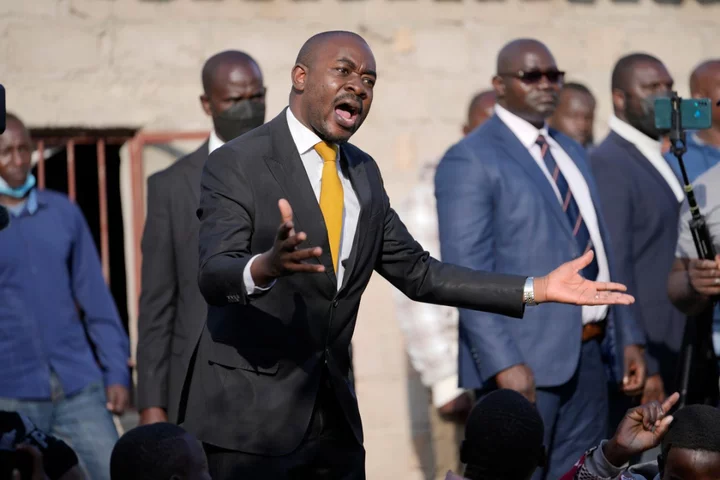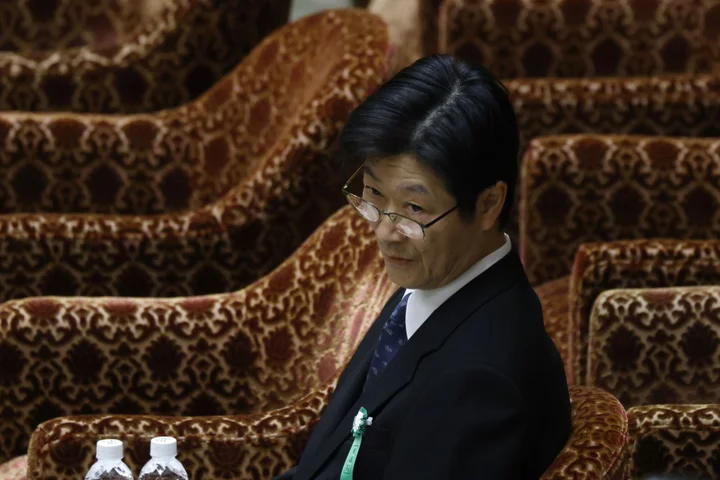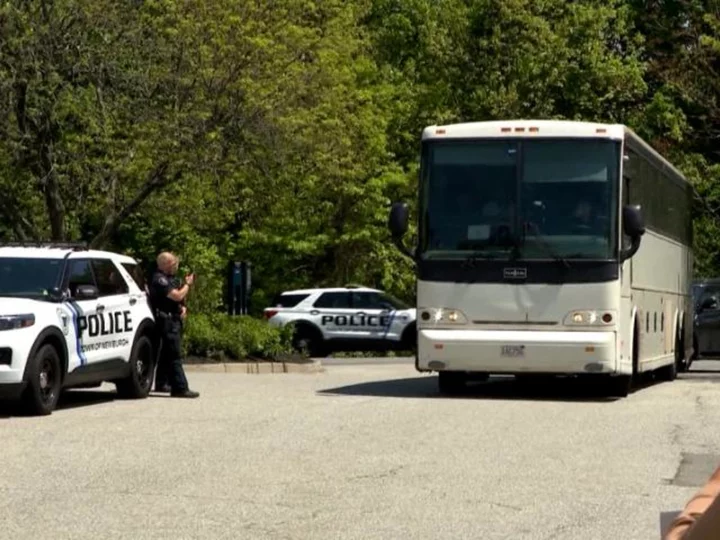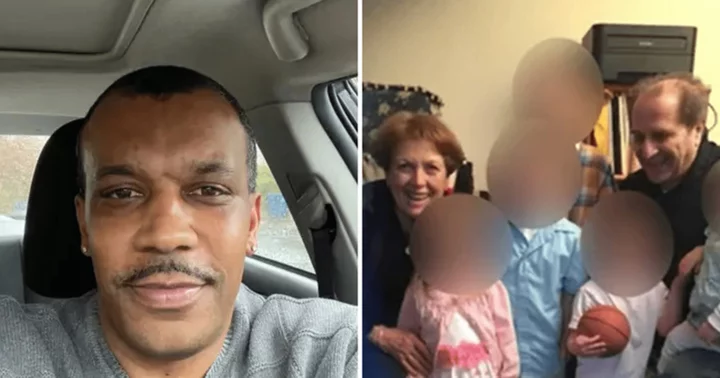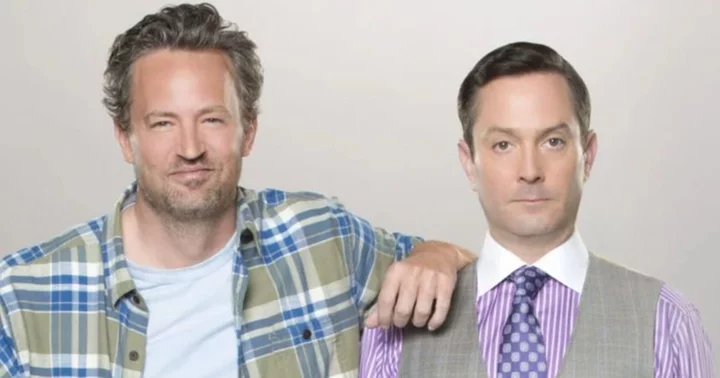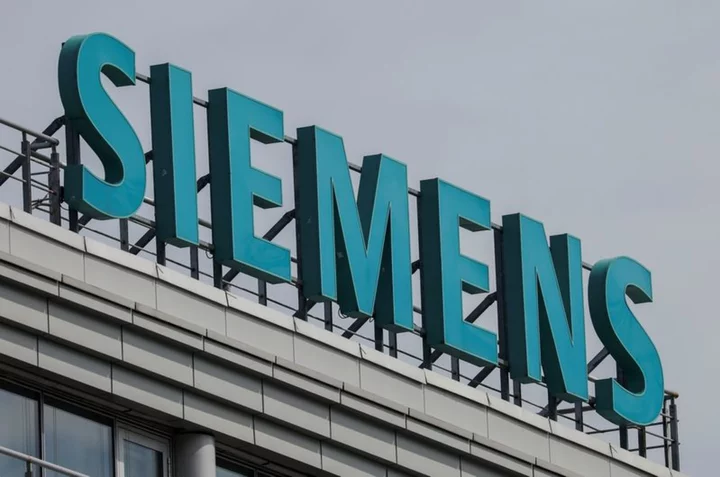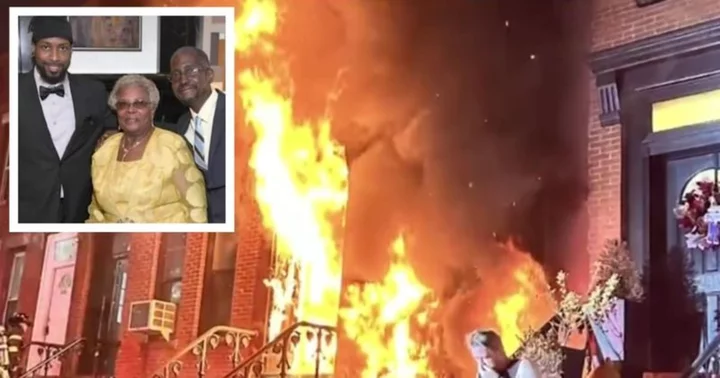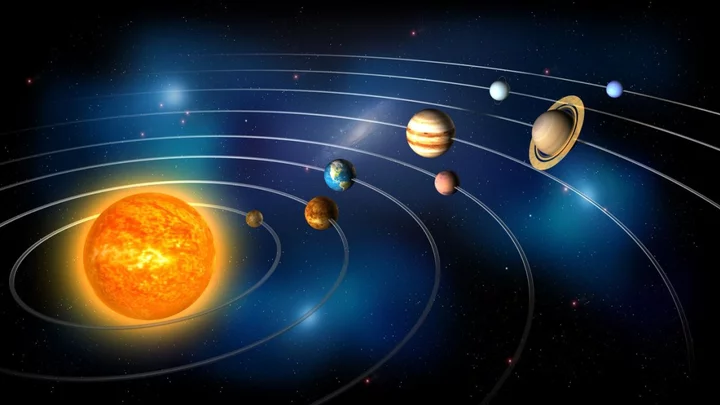Zimbabwe's national elections will take place on Aug. 23, the country's president announced Wednesday. The vote is expected to be another closely watched affair in a country with a history of violent and disputed elections.
The announcement through a government gazette also set Oct. 2 for a presidential runoff vote if required.
Opposition parties have already made allegations of violence and intimidation against their supporters in the buildup to the elections, and human rights groups have said President Emmerson Mnangagwa is silencing criticism.
The southern African nation has only had two leaders since it gained independence from white minority rule in 1980. Robert Mugabe led Zimbabwe for 37 years until he was removed and replaced by Mnangagwa in a coup in 2017. Mnangagwa had served as a vice president under Mugabe.
The last general election was held in 2018, nearly a year after the coup.
Once a close ally of Mugabe, Mnangagwa, 80, has tried to present himself as a reformer despite accusations that he is even more repressive than the man he helped remove from power.
Mnangagwa is expected to face a strong challenge from Nelson Chamisa, the 45-year-old leader of the main opposition party, Citizens Coalition for Change. Chamisa narrowly lost to Mnangagwa in 2018, with the Constitutional Court dismissing his claims of election rigging.
Apart from the presidency, the election will also decide the composition of the 300-seat parliament and close to 2,000 local council positions.
Mnangagwa’s ZANU-PF ruling party and the government have denied allegations of violence and intimidation by ruling party activists and security forces. But rights groups have accused Mnangagwa’s government of intimidation and of suppressing any criticism and opposition amid a currency crisis and a sharp rise in food prices.
Zimbabwe has faced severe economic problems for years and has been under U.S. sanctions for two decades over human rights abuses. Mugabe died in 2019.
Chamisa said this week he is ready for the election, but has made allegations of voting roll irregularities. Compounding that, Chamisa said his party is at a disadvantage because Mnangagwa and ZANU-PF control state–run media and hold sway over the police, other security forces and the judiciary, which are used to clamp down on dissent.
On Wednesday, Fadzayi Mahere, spokeswoman for the Citizens Coalition for Change, tweeted: “No govt that’s popular & knows it’s winning behaves like this. They’re terrified cause, like all of us, they know that ZANU PF can never win a free & fair election in Zimbabwe."
"That’s why they’re trying to stitch & doctor the voters’ roll but it won’t work. People want change.”
Opposition parties had accused Mnangagwa of delaying announcing a date for the election that must take place before the end of August.
Mnangagwa's announcement came a day after Zimbabwe's foreign ministry summoned the United States’ deputy ambassador over a series of tweets the embassy sent calling for a peaceful election.
The ministry accused the embassy of “election-related social media posts bordering on activism and meddling in Zimbabwe’s internal affairs.”
Deputy Ambassador Elaine French was called to a meeting with Zimbabwe foreign affairs acting permanent secretary Rofina Chikava on Tuesday following the posts on the U.S. Embassy's official Twitter account.
The Zimbabwe foreign ministry said it had a particular issue with a May 26 tweet that called for Zimbabweans to “Register to vote and make sure your voice is heard.” Another tweet from the embassy said “Zimbabwe’s constitution grants citizens the right to choose their representatives in legitimate, credible, & peaceful elections.”
The foreign ministry said the tweet urging people to register to vote was against diplomatic protocols.
“We stand by our recent social media posts calling for peace during the election season," U.S. Embassy spokeswoman Meg Riggs said in a statement. “Elections are a part of a functioning democracy.”
___
More AP Africa news: https://apnews.com/hub/africa
Read MoreUkraine war’s heaviest fight rages in east - follow live
Charity boss speaks out over ‘traumatic’ encounter with royal aide
Zimbabwe releases prisoners in amnesty, reducing overcrowding
AOC warns Elon Musk is ‘testing waters’ to interfere in 2024 election
Nevada Republican governor approves abortion protections in rare cross-party move

